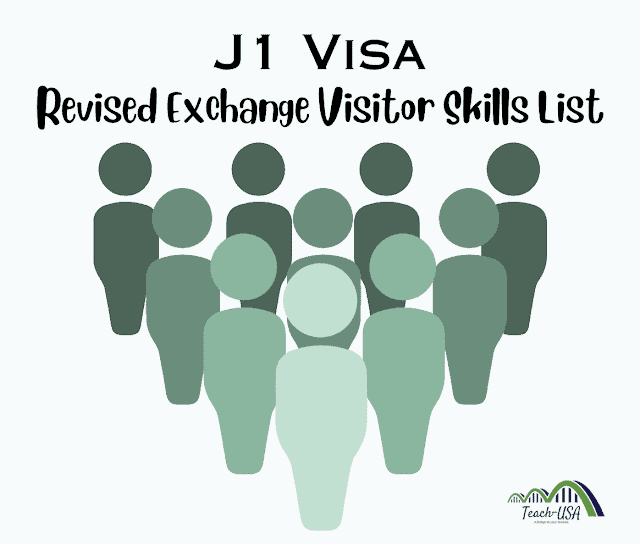The Skills List is a list of countries that need people with special skills. The U.S. government uses this list to decide if someone who comes to the U.S. on a “J” visa (for an exchange program) has to go back to their home country for two years. After that, they can apply for certain visas or to live in the U.S. This rule is part of a law called Section 212(e).
The Exchange Visitor Skills List will take effect on December 9, 2024. This means the new Exchange Visitor Skills List will officially start being used on December 9, 2024. After this date, the U.S. government will use this updated list to decide if people who come to the U.S. on a “J” visa (for exchange programs) need to return to their home country for two years before applying for certain visas or to stay in the U.S.
The new list does not apply to people who arrived or got their J visa status before that date. Meaning, if someone got their J visa before December 9, 2024, the old list still applies to them.
Some people come to the United States on a “J” visa to learn new skills in an exchange program. There is a rule called INA 212(e) that says certain J visa visitors must return to their home country for two years before they can apply to live permanently or get some other types of visas in the U.S.
This rule applies if:
- Your home country needs your special skills – The U.S. government has a list (called the Skills List) of countries that need people with certain skills.
- You are from one of the countries on this list – If your home country is on the Skills List, you may need to go back for two years to share the skills you learned.
The U.S. updates this Skills List every three years. It decides which countries need these skills based on things like:
- How much money people in the country make (GDP).
- The size of the country.
- How many people have left the country over time (migration).
If your home country is not on the new Skills List, you may no longer need to follow the two-year rule.
The goal of this program is to help countries grow by having their citizens return with new skills and to strengthen friendships between the U.S. and other countries. The U.S. State Department makes these decisions because it helps with U.S. foreign relations.
Philippines, The
-
01, 03, 04.03, 05, 09.01, 09.09, 09.10, 10, 11, 13.02, 13.06, 13.09, 13.10, 13.11, 13.12, 13.13, 14, 16, 19, 23, 25, 26, 27, 31, 39, 40, 41, 42, 43, 44.07, 45, 49, 51.01, 51.02, 51.04, 51.06, 51.07, 51.08, 51.09, 51.10, 51.12, 51.15, 51.17, 51.19, 51.22, 51.23, 51.24, 51.25, 51.27, 51.31, 51.33, 52.04, 52.06, 52.10, 52.11, 52.13, 52.14, 52.17, 52.20, 54, 60
Disclaimer: No Legal Advice Intended
The contents of this website are intended to convey general information only and not to provide legal advice or opinions. The contents of this website, and the posting and viewing of the information on this website, should not be construed as, and should not be relied upon for, legal or tax advice in any particular circumstance or fact situation. The information presented on this website may not reflect the most current legal developments. No action should be taken in reliance on the information contained on this website and we disclaim all liability in respect to actions taken or not taken based on any or all of the contents of this site to the fullest extent permitted by law. An attorney should be contacted for advice on specific legal issues.

